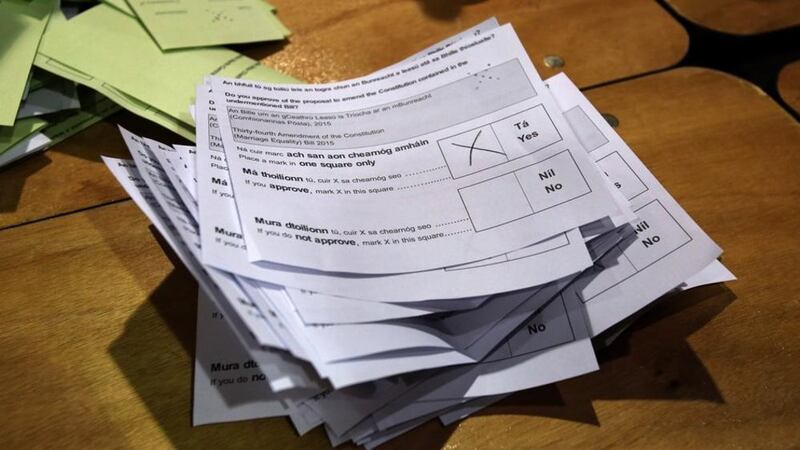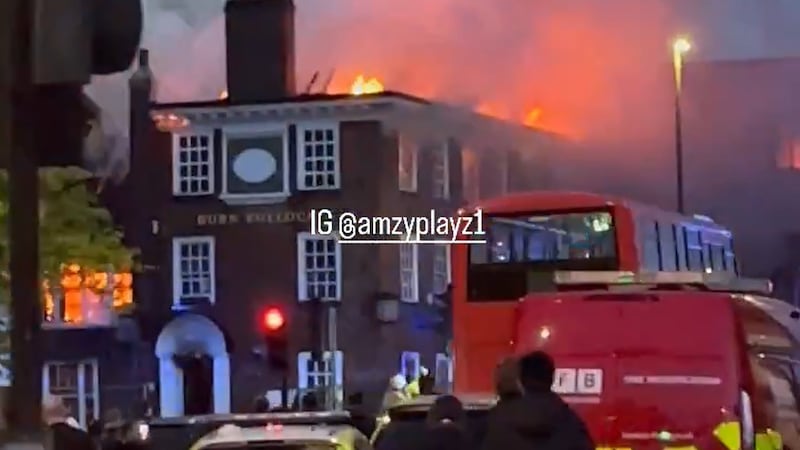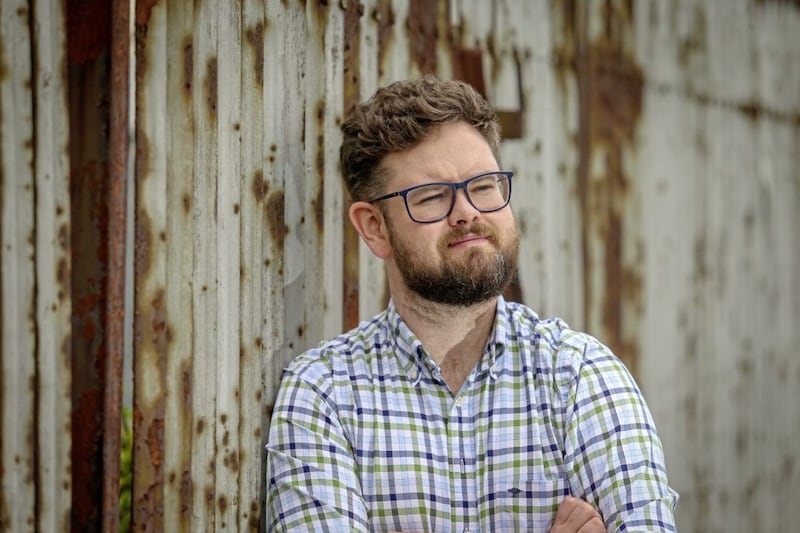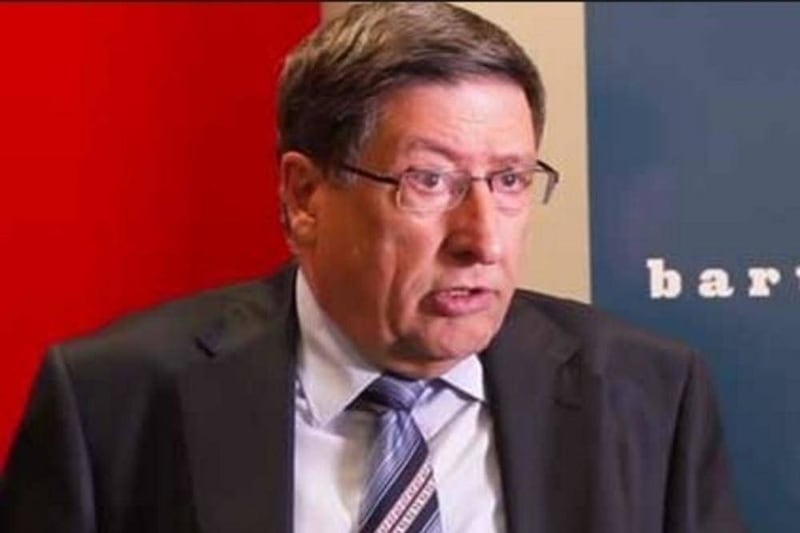IRELAND'S churches must adapt to the “clear reality” that they are a “distinctly minority voice” in the wake of the Republic’s same-sex referendum.
The editorial in this week’s Church of Ireland Gazette has called for an “an ecumenical, pastoral response” to the marriage of gay and lesbian couples after 62 per cent of voters supported Friday’s historic referendum.
The call comes days after Catholic Archbishop of Dublin Diarmuid Martin warned that his church needed a “reality check”, suggesting its leaders were out of touch with the views of young people.
In its editorial, the Protestant magazine said the referendum had raised questions about the extent to which churches and society were “drifting apart”.
Gazette editor Canon Ian Ellis said that with discussion on same-sex marriage set to continue on both sides of the border, the Church of Ireland must “must relate to the cultures in which it exists”.
“For the churches, to live in Ireland as a distinctly minority voice is now a clear reality, and it is a humbling experience.
"A time for reflection is now needed within all the churches. It would be good if this could be done by churches together, and we do have the ecumenical structures in place in Ireland to do just that.
"An ecumenical, pastoral response to what has been a momentous change in the settled culture of the Republic would be a welcome development,” Mr Ellis wrote.
Meanwhile, the Republic’s unions have been urged to work towards galvanising young people’s desire for social change in the wake of the referendum.
Impact organiser Joe O’Connor yesterday said young people had turned out in “large and previously unseen numbers” on Friday.
Mr O’Connor said that the union movement should now work towards ensuring the “social revolution” experienced during the referendum campaign, which saw young voters “previously disengaged from the political process” going to the polls, is maintained and mobilised as “a consistently vibrant feature of our democracy”.
“Those that previously attempted to portray young people in Ireland as being apathetic, disengaged and self-interested have been proven wrong.
"It is clear that when something connects with young people in Ireland in the way that this issue did, no further incentive is needed,” he added.








